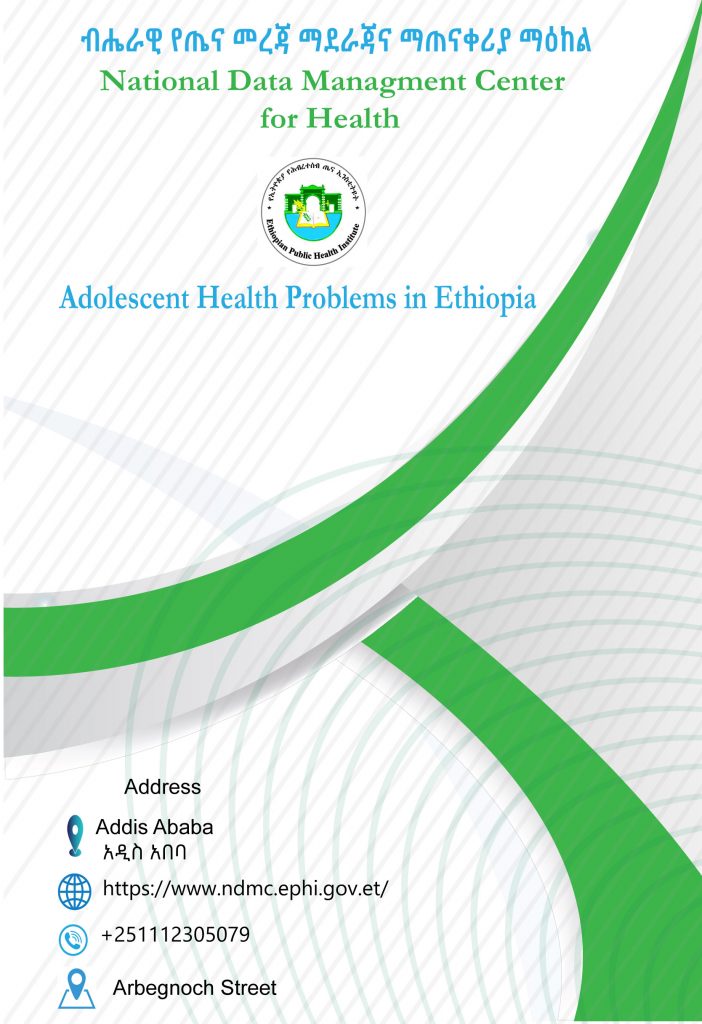- Digestive diseases, affecting the gastrointestinal (GI) tract, cause a variety of health problems. These widespread conditions significantly impact global health, raising illness rates, deaths, and healthcare costs.
- The burden of digestive diseases around the world has grown significantly since 1990. In 2019 alone, an estimated 443.53 million new cases of digestive diseases were diagnosed, resulting in 2.56 million deaths and 88.99 million disability-adjusted life years lost. These numbers represent increases of 74.44%, 37.85%, and 23.46%, respectively, compared to 1990 and digestive diseases were the 13th leading cause of Disability-adjusted life years lost globally in 2019.
- Despite a global decline in Hepatitis B deaths, sub-Saharan Africa, including Ethiopia, still experiences a high burden of digestive diseases, particularly chronic liver disease caused by factors like alcohol consumption, chat chewing, and Hepatitis B and C viruses.
- There’s a lack of published Ethiopian studies on the burden of these illnesses, and no comprehensive regional estimates exist. To address this gap, this study utilizes 2021 GBD data to quantify the leading burden of digestive diseases in Ethiopia.
- Globally, dietary risks were the third leading contributors of death and ill-health due to major noncommunicable diseases (cardiovascular disease, type 2 diabetes and cancers) in 2019, next to high blood pressure and tobacco use.
- In 2019, nearly 8 million deaths and over 187 million healthy life years lose occurred due to NCDs attributable to dietary risks worldwide.
- Reliable and up to date data on dietary risk factors of NCDs is important to monitor and evaluate NCDs prevention and control strategies in Ethiopia.
- Therefore, the aim of the current study was to estimate the national and subnational burden of NCDs attributable to 15 dietary risks in Ethiopia using the Global Burdens of Disease (GBD) 2021 study results.


